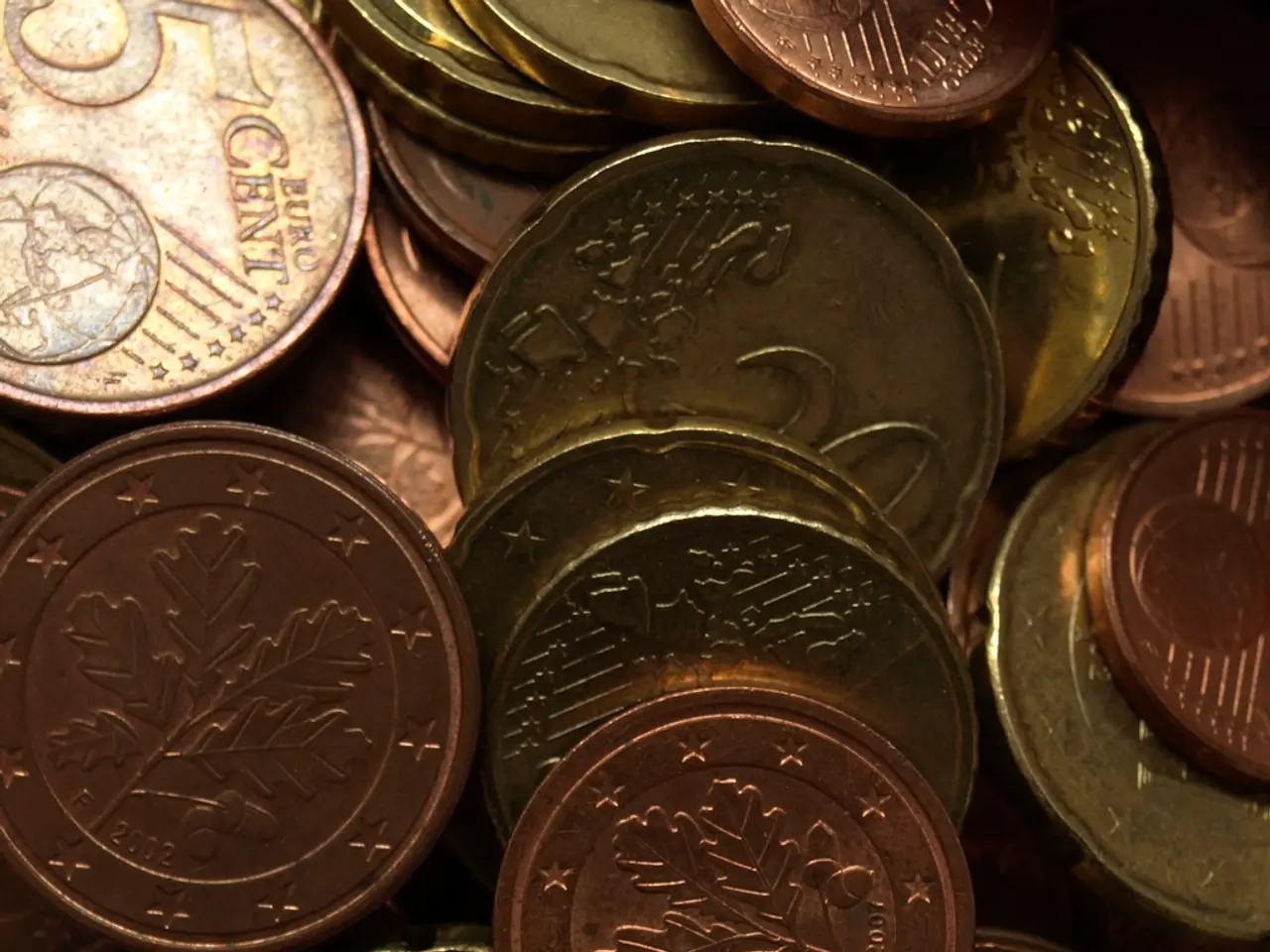Pakistan Contemplates Bitcoin Reserves Approval: IMF's Potential Approval
Pakistan has taken a bold step in the world of digital finance by creating a national Bitcoin wallet and holding digital assets in state custody as a sovereign reserve. This move is part of a broader strategy to enhance economic resilience, reduce dependence on traditional financial systems, and foster digital advancement.
By holding Bitcoin, Pakistan aims to diversify its wealth, reducing reliance on traditional fiat currencies. This strategy allows the country to potentially benefit from Bitcoin's appreciation over time, providing a hedge against inflation. Moreover, Bitcoin offers a decentralized and independent store of value, which can help Pakistan maintain monetary sovereignty, particularly in times of economic uncertainties or conflicts.
The government's Bitcoin strategy is also about promoting digital innovation. Pakistan's establishment of a Bitcoin Strategic Reserve is part of a broader effort to position itself as a hub for digital innovation. This involves promoting blockchain technology and attracting foreign investment through initiatives like the National Crypto Council.
However, this move has not been without controversy. The International Monetary Fund (IMF) has expressed skepticism about Pakistan's Bitcoin strategy, citing concerns over volatility and resource allocation. The agency is cautious about cryptocurrency adoption, focusing on maintaining global financial stability.
To address these concerns, Pakistan is working on establishing clear regulatory frameworks. A Working Group on Digital Asset Markets was established to figure out how a Bitcoin reserve would work. The government is also reviewing proposals for a regulatory framework to align with global standards and evolving trends.
One area of concern for the IMF is Pakistan's decision to allocate 2,000 megawatts of surplus energy to mine Bitcoin and power high-performance computing data centers. The IMF has requested clarification regarding the legality of operations, as the country struggles with fiscal pressures and energy shortages.
Despite these challenges, Bitcoin is being explored by national governments as part of their strategic financial reserves, offering asset diversification and a unique store of value. Whether Pakistan can successfully navigate this rough environment will determine if its Bitcoin strategy becomes a model or a cautionary tale.
In conclusion, Pakistan's decision to create a Bitcoin Strategic Reserve is a significant step towards economic sovereignty and digital innovation. While the IMF has expressed concerns, Pakistan is working to establish clear regulatory frameworks to ensure the success of this venture. The future of this strategy remains to be seen, but it is clear that Pakistan is positioning itself as a leader in the digital finance world.
During this digital finance evolution, Pakistan intends to utilize Bitcoin as an asset for investment, seeking to diversify its financial portfolio and diminish reliance on traditional currency systems. Such a move could potentially provide Pakistan with a shield against inflation due to Bitcoin's potential price increase over time. Additionally, the country is striving to foster digital innovation by positioning itself as a hub for digital advancements like blockchain technology, drawing foreign investments through initiatives such as the National Crypto Council.




